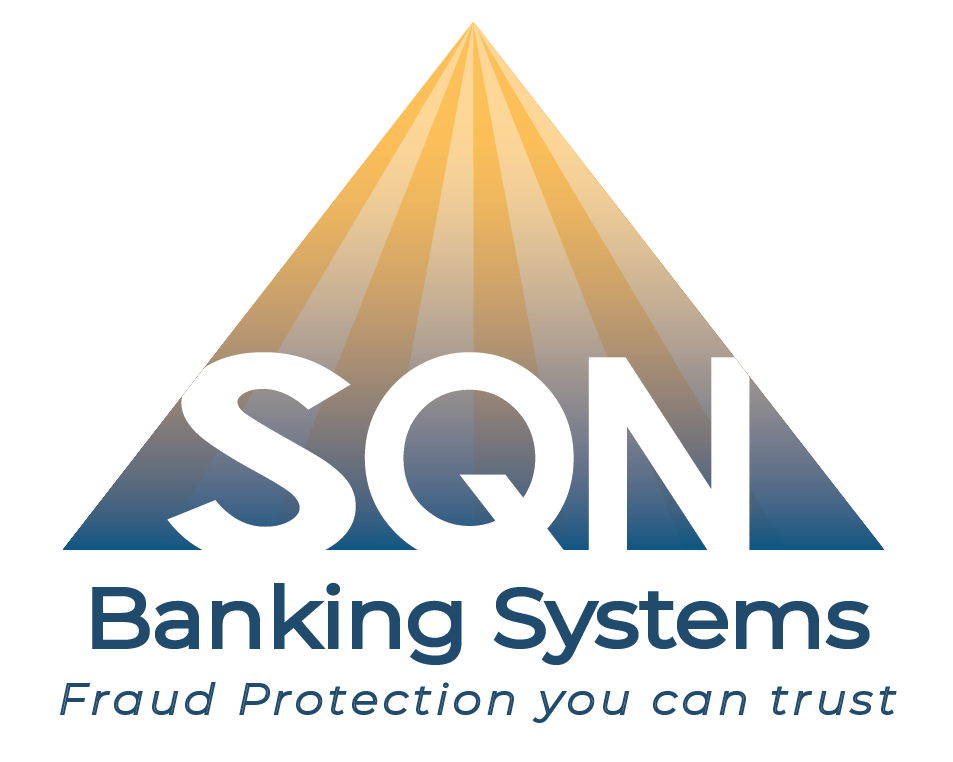5 Signs Your Bank Needs to Fuzz

Fuzzing is a proactive software testing technique where IT security experts enter invalid or random data into computer programs to see if the inputs cause crashes, memory leaks, or other issues. To ensure your banking software is working correctly and operating securely, you may want to hire an expert to fuzz your system. Here are five signs that your bank should consider fuzzing.
1. You Want to Get to Know Your System Better
Fuzzing is a careful process of probing deep into a software system. When handled by experienced professionals, fuzzing can help to identify flaws in the software and find areas where security needs to be tightened. Essentially, fuzzing helps you get to know your computer systems better. Think of fuzzing as a roadmap for improvement.
2. Your System Crashes Frequently
Typically, the fuzzing process tests when inputs cause crashes. Then, you can analyze the crashes to see which inputs were the most likely to lead to a crash, and software engineers can strengthen the system to safeguard against future crashes. If your system is already crashing frequently, that may be a sign that you need a simple fix such as better servers, but often, it may indicate that you need to consider fuzzing so you can really get to the heart of the issue.
3. You’re Developing Software
If you’re developing software to use for your financial institution, you should request that the developers fuzz the system before rolling it out. Most developers do that as a standard part of their development cycle. Whether you’re developing a loan application program, an online banking app, or any other type of program, you may want to ask just to be sure that your developer is covering all the bases.
4. You Want to Take a Proactive Approach to Security
Generally, cyber security falls into two categories: proactive and reactive. Ideally, financial institutions should do both. You should take a proactive approach to ensure that your applications are as secure as possible. Also, develop a plan so that if a security breach occurs, you know exactly what to do in terms of cybersecurity as well as in terms of public relations, contacting customers, and protecting your reputation. At the same time, fuzzing can be an important part of a proactive approach to security.
5. You Want to Ensure Compliance with Federal Standards
Financial institutions have to meet strict security standards. The Gramm-Leach-Bliley Act (GLBA) and the Federal Financial Institutions Examination Council outline confidentiality concerns, security essentials, and encryption requirements for banks. For instance, you need to ensure that your encryption techniques are optimized for database performance and that they are integrated with your database access control. Ideally, your encryption keys should be stored separately from the data that they protect.
To ensure your software meets these requirements, you may need to consider fuzzing. Fuzzing can help you assess security issues related to activating keys, changing or updating keys, and auditing keys.
Wading through the complicated world of cybersecurity and researching answers to questions related to fuzzing or other concepts can be difficult and confusing. At SQN Banking Systems, we make fraud protection simple and straightforward for our clients. To protect your financial institution, your assets, your reputation, and your customers, contact us today to learn more about our products and services.
